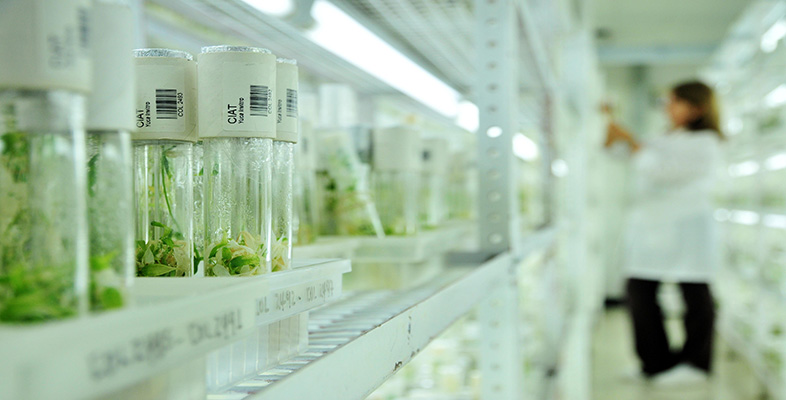1 Genetic testing
1.1 What is genetic testing?
When most people encounter genetic testing today, it is usually in a medical context. We may be referred by our GPs to a regional genetics unit, or we may approach our doctors, asking for genetic tests because we suspect something about our family history. In this course we look at the issues and problems facing individuals and families when confronted with genetic testing.
The technologies that make genetic testing possible range from chemical tests for gene products in the blood, through examining chromosomes from whole cells, to identification of the presence or absence of specific, defined DNA sequences, such as the presence of mutations within a gene sequence. The last of these is becoming much more common in the wake of the Human Genome Project. The technical details of particular tests are changing fast and they are becoming much more accurate. But the important point is that it is possible to test for more genes, and more variants of those genes, using very small samples of material. For an adult, a cheek scraping these days provides ample cells for most DNA testing.
At this stage, we should distinguish testing from genetic screening. Genetic testing is used with individuals who, because of their family history think they are at risk of carrying the gene for a particular genetic disease. Screening covers wide-scale testing of populations, to discover who may be at risk of genetic disease.
All these different kinds of test can bring benefits. But all three, i.e. pre-natal diagnosis, childhood testing and adult testing, have also been noted as requiring careful management because of ethical problems that can arise from the kind of information they provide. We are confronted with moral choices here, for example, who gets that information and under what circumstances, what they do with it, and who decides what to do with it, are all important issues. Even finding out what people would like to know is not necessarily straightforward. (Is telling someone they can have a test for Huntington's disease, say, the same as telling them they may be at risk of the disease?) Here we are not primarily concerned with the technologies for testing, but with the ethical context within which testing takes place; a context framed by issues such as informed consent, individual decision-making and confidentiality of genetic information. Before looking at any of these questions in detail, though, a few words about the context in which they most often occur – genetic counselling.
